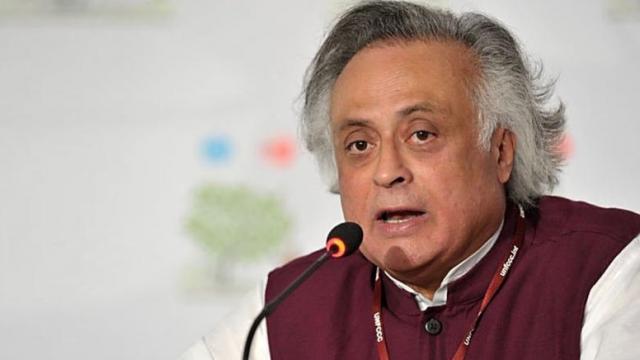
On July 6, 2025, Congress leader and AICC General Secretary (Communications) Jairam Ramesh issued a strong statement criticizing the Modi government’s interpretation of the World Bank’s Poverty and Equity Brief for India, originally released in April 2025. He accused the government of attempting to mislead the public by selectively highlighting parts of the report to falsely claim that India ranks among the most equal societies in the world. Citing the report, he noted that poverty and inequality in the country remain deeply concerning. One of the most striking findings is that the top 10% of India’s earners make 13 times more than the bottom 10%, based on 2023-24 data. Moreover, changes in the government’s survey methodology and sampling in the Household Consumption Expenditure Survey 2022–23 have further obscured the actual extent of poverty, making year-on-year comparisons unreliable.
According to the World Bank, if India is assessed using the internationally accepted poverty line of $3.65 per day applicable for lower-middle-income countries — the poverty rate in 2022 stands at 28.1%. Congress pointed out that such a high rate makes it indefensible for India to claim status as one of the world’s most equal societies. Ramesh further alleged that the Modi government has consistently suppressed data, particularly recalling how the earlier 2017–18 consumption survey was discarded because it revealed declining rural consumption. He argued that such suppression, along with outdated benchmarks and unreliable official statistics, contributes to the government’s attempts to understate poverty levels.
The Congress party also reiterated policy suggestions made in April, emphasizing that large sections of India’s population remain just above the international poverty line and are extremely vulnerable to economic shocks. Social welfare programs like MGNREGA and the National Food Security Act, 2013 should be strengthened, not sidelined. The party also demanded an increase in MGNREGA wages, urgent completion of the delayed decadal population census (now expected in 2027), and inclusion of 100 million additional citizens under the food security scheme. Moreover, the party criticized the government for not updating the national poverty line since the Rangarajan Committee report in 2014, calling for immediate action to rectify this gap.
Finally, the Congress statement argued that rising inequality is no longer incidental but is now embedded in India’s economic growth trajectory, exacerbated by the Modi government’s policies. It highlighted the growing divide between a small, privileged elite and a vast, dispossessed population. To address this, Congress called for comprehensive tax reforms to end the regressive impact of GST, reduce tax-related harassment, curb corporate favoritism, and provide direct support for families and incentives for household savings.

